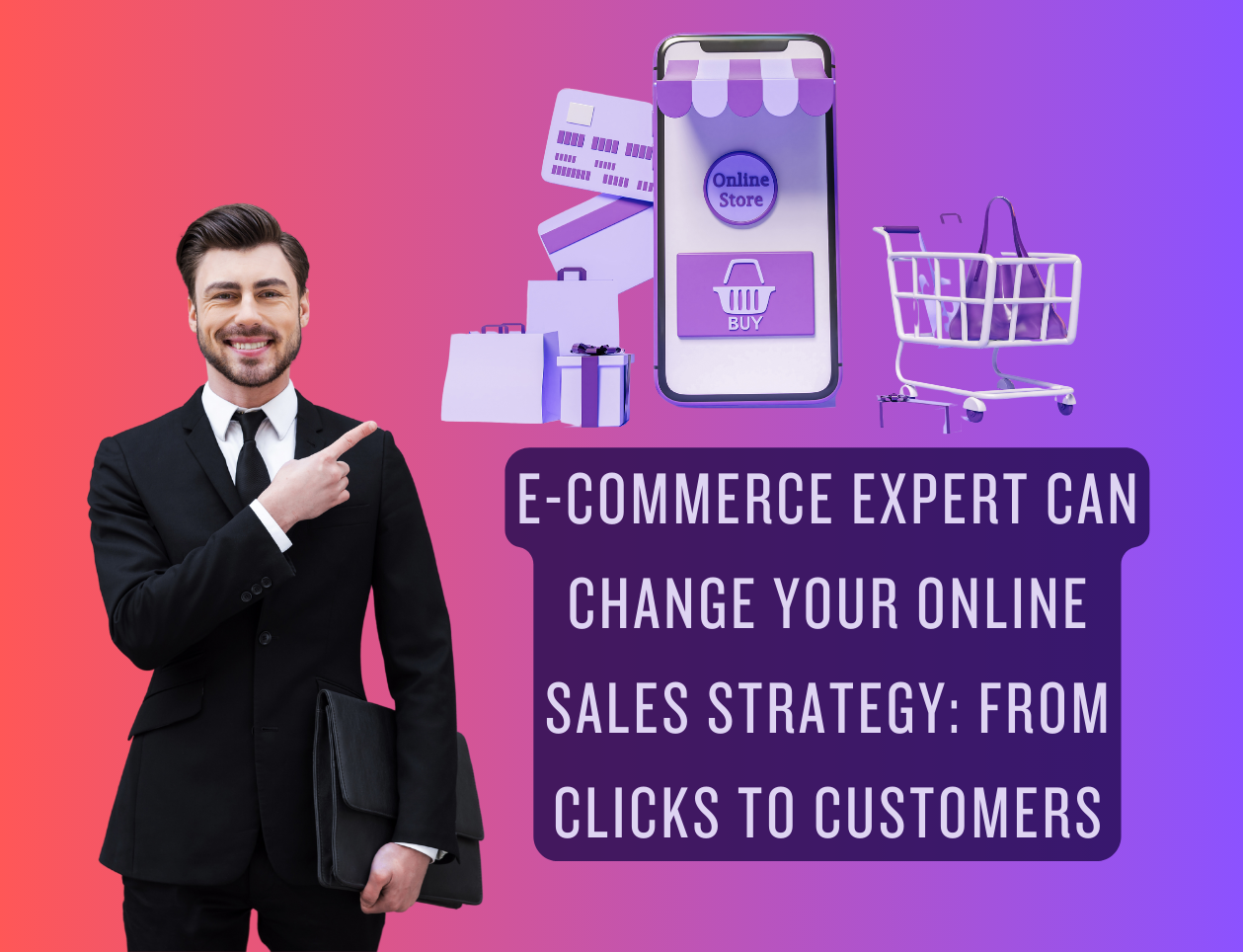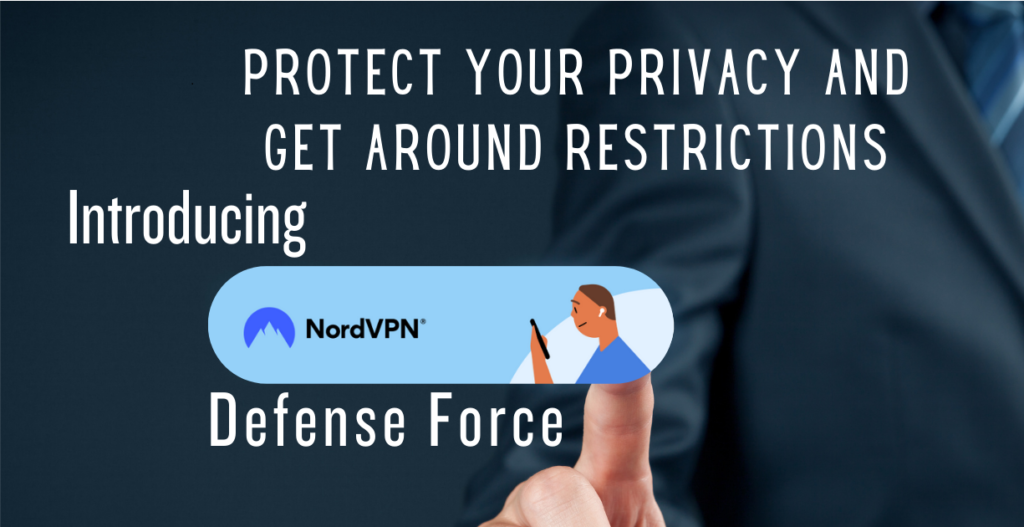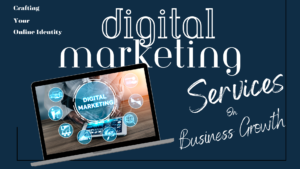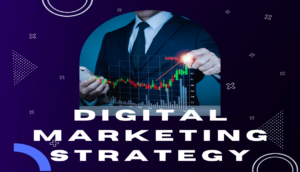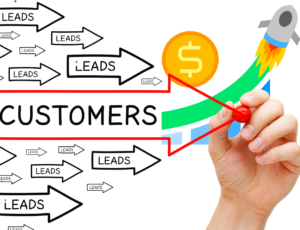The world of e-commerce is expanding rapidly; by 2025, it is expected that online sales will have reached an astounding $5.4 trillion. Businesses can take advantage of this enormously, but it also fosters intense competition. Making a lasting impression and turning website visitors into devoted patrons demands a calculated approach and in-depth knowledge of the online purchasing process. Here’s where an e-commerce expert may really make a difference for you.
Handling the Difficulties to Promote Growth
The days of becoming successful with just an internet store are long gone. The state of e-commerce today necessitates a multifaceted strategy that takes into account data-driven personalization, targeted advertising, SEO, and website optimization. More than ever, consumers demand smooth user experiences, personalized offers that are tailored to their specific needs, and relevant product recommendations. Sales can be lost, customers can become irate, and carts can be abandoned if these expectations are not met.

Now for the E-Commerce Specialist:
A web developer or marketing specialist alone is not an e-commerce expert. They have extensive knowledge of every aspect of the e-commerce ecosystem, including consumer behavior, psychology around conversions, current marketing trends, and innovations in technology. They can serve as your strategic partner, helping you at every turn in the consumer journey—from drawing website visitors to fostering their conversion into devoted patrons.
The E-Commerce Sales Funnel: An Understanding
The multi-step e-commerce sales funnel method illustrates the path a customer travels from first awareness to purchase and beyond. To maximize conversion rates and advance clients in the funnel, each stage necessitates a unique set of ideas and techniques. Let’s dissect the important phases:
1. Awareness & Discovery: Getting your website in front of potential clients is the main goal here. Advertising on social media, content marketing, and SEO are all essential for bringing in targeted customers to your online store.
2. Thought & Assessment: You must draw in guests and involve them with your offerings as soon as they come. Trust-building and educating potential customers can be facilitated by providing excellent product descriptions, eye-catching images, and educational content.
3. Decision & Purchase: Conversion rate optimization, or CRO, is relevant here. Providing various payment alternatives, optimizing the checkout process, and removing any possible obstacles to a purchase are crucial in converting website visitors into paying clients.
4. Loyalty & Advocacy: Buying something isn’t the end of the process. Long-term success depends on fostering relationships with customers and promoting repeat business. Loyalty programs, individualized email marketing, and first-rate customer support can increase brand loyalty and convert happy consumers into brand ambassadors.
How an Expert in E-Commerce Can Assist: From Planning to Carrying Out
Your secret weapon for controlling every step of the sales funnel and turning clicks into devoted clients might be an e-commerce specialist. Here’s how they can improve things:
Optimization of websites and user experience (UX):
- Auditing websites: identifying conversion-blocking usability flaws, sluggish loading times, and mobile responsiveness difficulties.
- Creating product descriptions that are compelling: utilizing compelling language, emphasizing salient features and advantages, and search engine optimization.
- Applying best practices for user experience: Developing an eye-catching layout, an easy-to-use checkout procedure, and a design that builds confidence and invites investigation.
Link Building & Search Engine Optimization (SEO):
- Researching keywords: Finding pertinent keywords that prospective buyers use when searching and improving the content of your website to get a higher search engine ranking.
- Producing High-Quality Content: creating blog entries, manuals, and infographics that inform prospective customers, increase brand recognition, and bring in natural search traffic to your website.
- Creating backlinks: Obtaining connections from reputable websites to raise the search engine rating and trustworthiness of your website.
Social media marketing and paid advertising:
- Create focused advertising campaigns: employing paid advertising networks, such as Facebook Ads and Google Ads, to target relevant consumers with offers and messaging that are both compelling and laser-focused.
- Effectively utilizing social media involves establishing a strong online presence for your brand on these networks, interacting with prospective clients, and launching focused social media marketing initiatives.
- Monitoring and evaluating the results of campaigns: maximizing return on investment (ROI) by optimizing social media and paid advertising campaigns based on data-driven insights.
Conversion rate optimization (CRO) and personalization involve:
- Analyzing user behavior to identify high-abandonment areas of the website and employ A/B testing to enhance key conversion points, such as product pages and the checkout process.
- Personalizing the shopping experience: use customer data to offer tailored discounts, offer product recommendations that are unique to each customer, and enhance the relevance of the shopping experience for them.
- Retargeting campaigns: Targeted advertisements and offers are sent to website visitors who peruse specific products or leave their carts empty in an attempt to attract them to return and complete their purchase.
Data Analytics and Reporting:
- Gathering and Examining Information from Websites In order to comprehend consumer behavior and pinpoint opportunities for development, important indicators such as average order value, conversion rates, website traffic, and client acquisition expenses should be monitored.
- Producing intelligent reports: delivering practical advice and data-driven suggestions to help you plan your e-commerce strategy and enhance your marketing initiatives.
- Being ahead of the curve means keeping an eye on market developments and being informed about the newest developments in e-commerce best practices and technology.
Retention tactics with customer relationship management (CRM):
- Setting up a CRM system: To nurture leads and promote recurring business, segment your audience, manage customer data efficiently, and create individualized email marketing campaigns.
- Establishing a reward scheme: Offering individualized offers, early access to new items, and special discounts to devoted clients in order to increase lifetime value and customer engagement.
- Building trust and brand loyalty through the implementation of responsive customer support choices, rapid resolution of complaints, and exceeding customer expectations is what it means to provide great customer service.
Case Studies & Success Stories: Actual E-Commerce Transformation Case Studies
As you can see, case studies that demonstrate the revolutionary power of e-commerce knowledge are inspiring. Let’s get started:
Case Study 1: Increasing Natural Traffic and Sales for an Eco-Friendly Clothes Brand
- Challenge: Converting website users into paying clients and attracting organic traffic proved to be difficult for a sustainable apparel manufacturer.
- Solution: A thorough SEO plan that included link development, content production, and keyword analysis was put into place by an e-commerce specialist. They also tailored the website experience and optimized product pages for conversions.
- Results: In just six months, organic traffic climbed by 70%, which caused a 45% increase in revenues and a notable rise in average order value.
Case Study 2: A Home Goods Store’s Revenue Is Driven by Targeted Advertising and Remarketing
- Challenge: Despite offering a wide range of products, an online home goods business noticed a decline in revenue.
- Resolution: A specialist in e-commerce initiated focused advertising campaigns on Facebook and Google, providing appropriate audiences with customized product suggestions. Additionally, they ran retargeting ads to get back in touch with website users who had left their carts empty.
- Results: Paid advertising produced a 200% return on investment (ROI), and sales climbed by 30% in just three months.
Case Study 3: Using Personalized Email Marketing and Loyalty Programs to Retain Customers for a Sportswear firm:
- Challenge: The sportswear firm was confronted with a problem of low repeat buy rates and significant customer attrition.
- Solution: A data-driven email marketing plan featuring customized product recommendations and abandoned cart recovery letters was put into place by an e-commerce specialist. They introduced a loyalty program as well to give loyal consumers discounts.
- Results showed a 25% drop in customer attrition and a 15% increase in repeat business. The average order value increased by 10% as a result of the loyalty program.
These are just a few instances of the extraordinary outcomes that e-commerce specialists may assist companies in achieving. You can make your online store a conversion machine that converts clicks into devoted clients and propels long-term business success by utilizing their experience and strategic strategy.
Putting Money Into Your Online Business Success: The Return on Knowledge
Investing in e-commerce knowledge is a business decision, therefore it makes sense that you would want to know what the possible return on investment (ROI) is. The following are some reasons why it would be wise for your company to hire an expert:
Quantifiable Benefits:
- Higher Sales & Revenue: E-commerce specialists can have a direct impact on your sales figures by streamlining your website, focusing on the correct audience, and putting conversion-focused tactics into practice. Case studies frequently demonstrate revenue increases of double digits or even triple digits in a few months.
- Increased Conversion Rates: To make your website more purchase-friendly, experts can examine user behavior, spot obstacles to conversion, and run A/B tests. This may result in a notable rise in the proportion of visitors who convert to paying clients.
- Lower Customer Acquisition Costs: Reaching the correct audience with the appropriate message can cut the expense of bringing in new clients by a large margin. Through social media marketing, SEO optimization, and targeted advertising, experts may assist you in achieving this.
- Enhanced client Lifetime Value: Long-term profitability depends on encouraging recurring business and client loyalty. To do this, you can use great customer service tactics, customized email marketing, and loyalty programs that are implemented by experts.
Above and Beyond the Stars:
Even though there are many measurable advantages, e-commerce knowledge has worth that goes beyond data. Here are a few more benefits:
- Strategic Advice: Experts can offer insightful information about market trends, competitor analysis, and upcoming technologies because they have extensive industry knowledge. This assists you in staying on top of trends and making wise choices for your company.
- Time and Resource Savings: Effective e-commerce store management takes experience and time. Employing a specialist lets you concentrate on your main business while they take care of the intricate aspects of internet marketing and sales.
- Data-Driven Strategy: Professionals use data to track the success of your e-commerce initiatives and make well-informed decisions. This guarantees that you are making sensible resource investments and getting quantifiable returns.
- Resolving Concerns: One legitimate concern is the expense of employing an e-commerce specialist. But take into account the possible return on investment and balance it with the expenses of missed chances, ineffective marketing campaigns, and lost sales. Recall that a qualified specialist can pay for themself several times over.
Examining Your Choices:
When it comes to becoming knowledgeable about e-commerce, there are numerous choices. A managed service provider, a freelance consultant, or a full-time e-commerce manager are your options. The ideal choice for you will rely on your needs, financial situation, and size of company.
FAQs:
1. How much does hiring an expert in e-commerce cost?
The degree of experience, knowledge, and project scope can all affect the price. Still, the initial expense may be much outweighed by the potential return on investment from more sales and greater efficiency. To accommodate diverse budgets and requirements, we give a range of choices, including managed service providers, freelance consultants, and full-time hiring.
2. What can I anticipate from collaborating with an expert in e-commerce?
You should anticipate a thorough approach to online store optimization that includes paid advertising, data analysis, conversion rate optimization, SEO and content marketing, website optimization, and customer relationship management. Together, we’ll identify your unique objectives and create a tailored plan to help you reach them.
3. When may one expect to see results?
The outcome may differ based on the initial condition and targeted objectives. That being said, you should notice some initial progress in a matter of weeks or months. Our data-driven strategy guarantees ongoing evaluation and adaptations for long-term success.
4. Can someone with experience in e-commerce help me even if I’m just getting started?
Of course! Getting professional advice early on can help you stay on the right path and steer clear of costly blunders later on. We provide solutions that are suited for companies of all sizes, assisting you in laying the groundwork for long-term success.
5. How can I pick the best e-commerce specialist?
Seek for someone who has a track record of success, relevant experience in your field, and a thorough grasp of your unique requirements and objectives. Never be afraid to request case studies and references so you may review their prior work.
Transform Your Digital Strategy: Elevate Success with the E-commerce Expertise!


